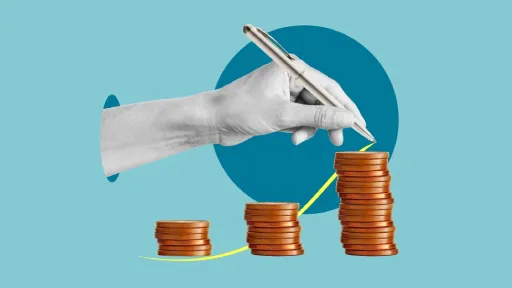Understanding what does a charge off mean on your credit report is crucial in today’s financial landscape, where credit health significantly influences borrowing power and financial opportunities. A charge off can dramatically impact your credit score and your ability to secure loans or credit cards. This article unpacks the meaning of a charge off, its implications, and how to manage it effectively to protect your financial future.
What Does a Charge Off Mean on Your Credit Report?
A charge off is an accounting term used by creditors to indicate that a debt is unlikely to be collected. When a creditor charges off a debt, it means they have written off the amount as a loss in their financial records after a prolonged period of non-payment, typically 180 days. However, this does not mean the debt is forgiven or erased; you still owe the money, and the charge off is reported to the credit bureaus, severely damaging your credit report.
How and When Does a Charge Off Occur?
Here is a typical timeline and process that leads to a charge off:
- Missed Payments: You fail to make required payments on a credit account, such as a credit card or personal loan.
- Delinquency Period: After 90 to 180 days of missed payments, the creditor considers your account severely delinquent.
- Charge Off Declaration: Around 180 days, the creditor officially charges off the debt for accounting purposes.
- Collection Efforts: Although charged off, the creditor or a collections agency may continue to attempt to collect the debt from you.
What Does a Charge Off Mean on Your Credit Report for Your Credit Score?
A charge off is one of the most negative marks on your credit report. It signifies to future lenders that you failed to pay the debt as agreed, making you a high-risk borrower. The impact includes:
- A significant drop in your credit score.
- Difficulty obtaining new credit or loans.
- Higher interest rates if credit is granted.
- Potential denial of housing or employment, as some landlords and employers check credit reports.
How to Handle a Charge Off on Your Credit Report
Steps to Take If You Have a Charge Off
Facing a charge off on your credit report can be daunting, but there are proactive steps you can take to improve your financial situation:
- Verify the Debt: Request validation from the creditor to confirm the debt is accurate and belongs to you.
- Negotiate with Creditors: You might be able to settle the debt for less than owed or arrange a payment plan.
- Pay Off the Debt: Even after a charge off, paying the debt can improve your credit report by updating the status to “payment made.”
- Dispute Inaccuracies: If you find errors in how the charge off is reported, dispute them with credit bureaus.
- Monitor Your Credit Report: Regularly check your credit reports to ensure your efforts are reflected and no further inaccuracies appear.
How Long Does a Charge Off Stay on Your Credit Report?
A charge off generally remains on your credit report for up to seven years from the date of the first missed payment leading to the charge off. After this period, it typically falls off your credit report, which can help improve your credit score over time.
Preventing Charge Offs in the Future
Prevention is always better than cure. Here are ways to avoid charge offs:
- Set Up Payment Reminders: Use automatic payments or alarms to ensure you never miss due dates.
- Communicate With Creditors: If you face financial hardship, contact creditors early to discuss hardship programs or deferments.
- Budget Wisely: Maintain a budget to manage debts and expenses responsibly.
In conclusion, knowing what does a charge off mean on your credit report empowers you to take necessary actions to mitigate its impact and regain financial stability. While a charge off is damaging, it is not the end of your credit journey. Responsible management, negotiation, and time can lead to recovery and improved credit health.


